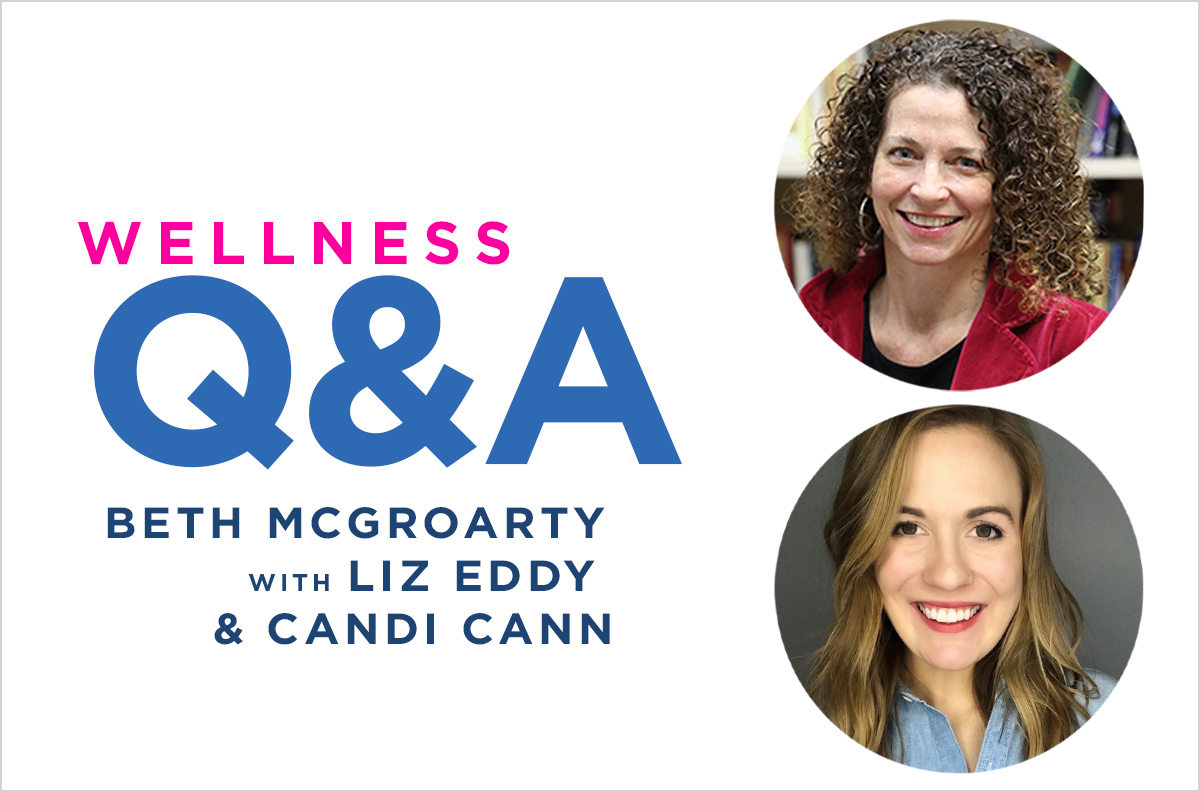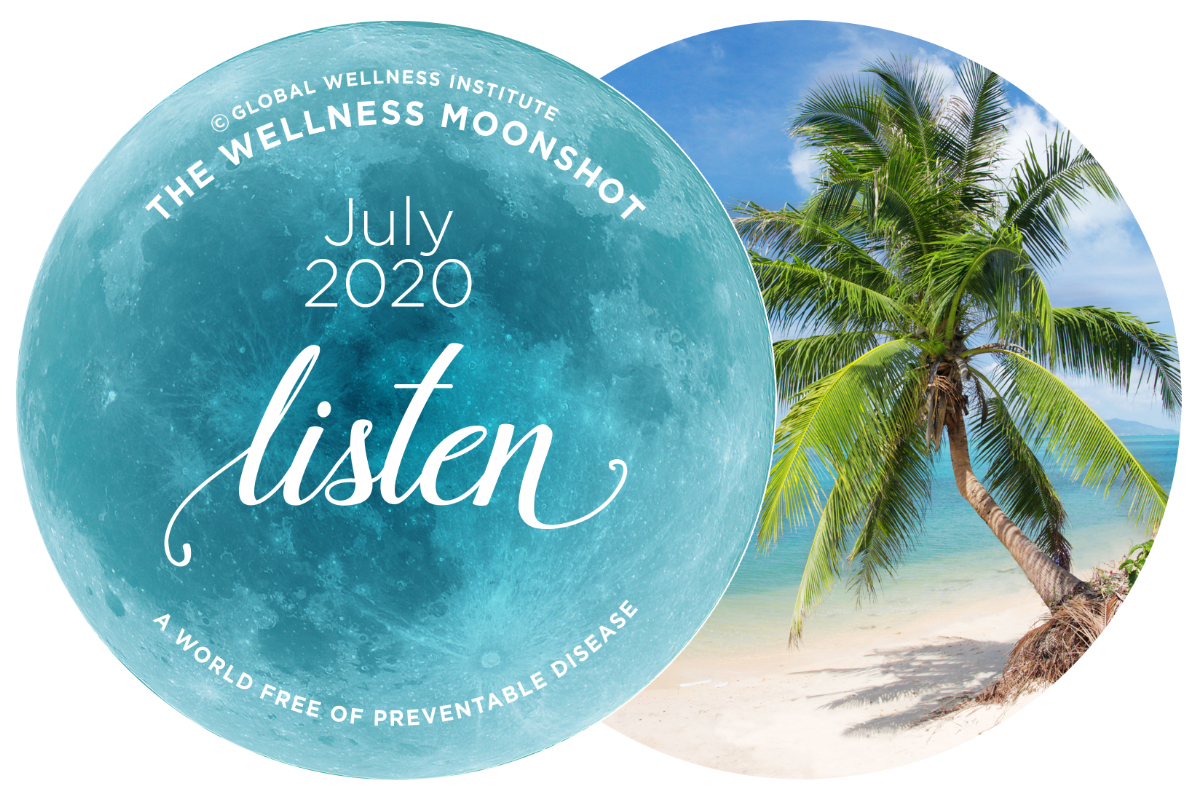A major new study from the NIH (10,123 US teens) is the first to show that exposure to outdoor, artificial light at night negatively impacts teens’ mental health and sleep. Teens exposed to higher levels of nighttime light are more likely to have a mood disorder (including anxiety and bipolar disorder and phobias). This adds to the evidence that disruptions to circadian rhythms contribute to…





























































